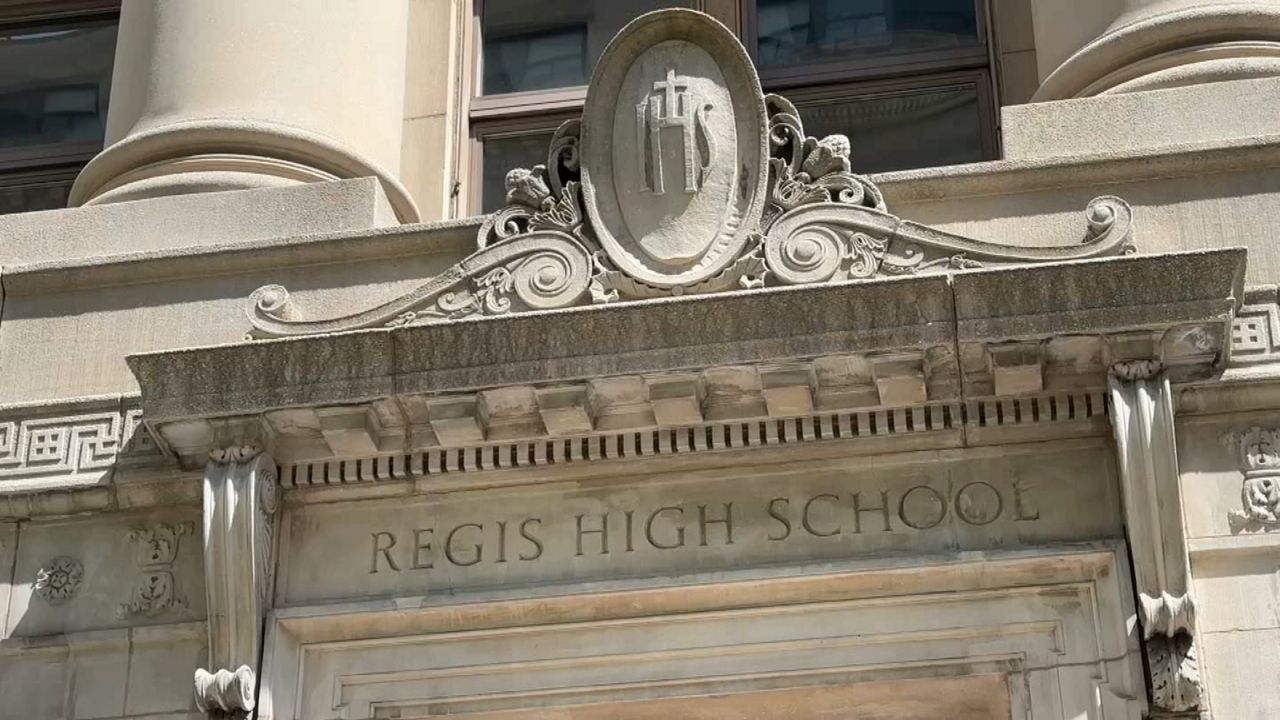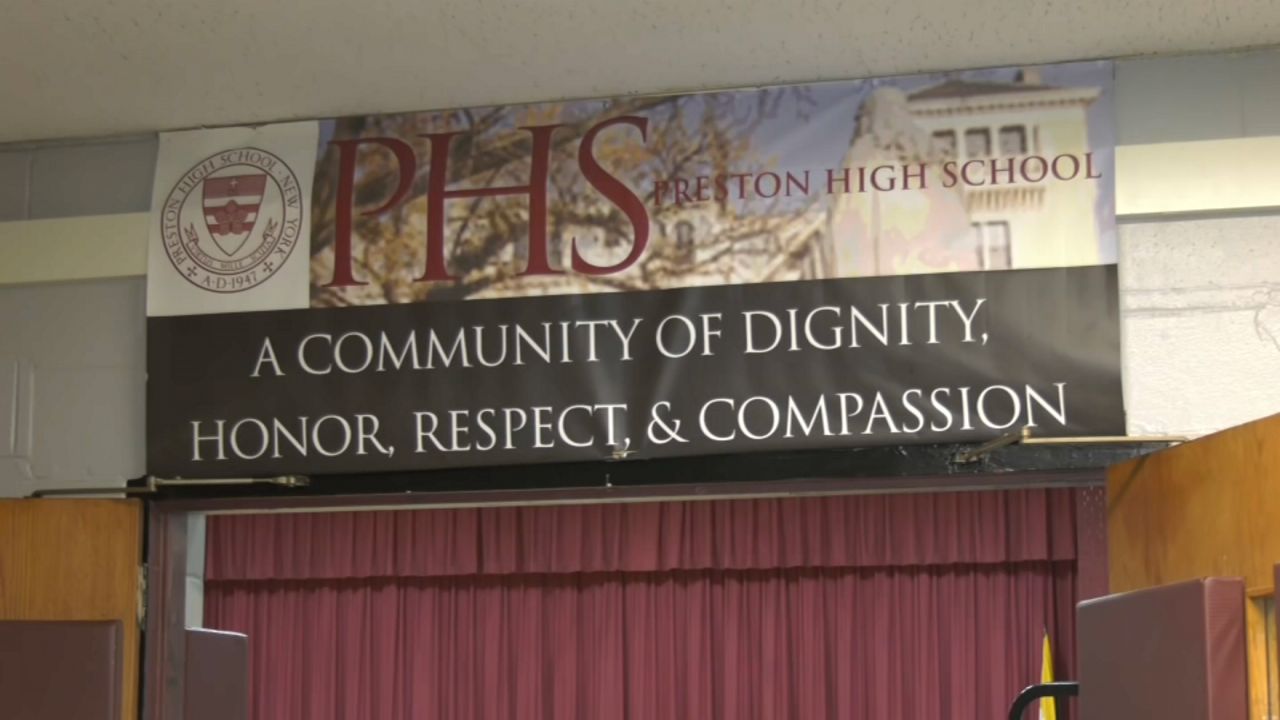Think of a college student, and you might picture an 18-year-old moving in to a new dorm room. But at CUNY schools, the reality is often different.
“More than 41,000 CUNY undergraduates are over the age of 25. I mean, that's more than all undergrads at NYU and Columbia combined,” Eli Dvrokin, editorial and policy director at the Center for an Urban Future, said.
A new report from the Center for an Urban Future looks at some of the reasons those students have lower graduation rates than their younger peers — and ways to help them.
Some issues the report highlighted include a lack of flexible class schedule, childcare centers at capacity or not open late enough, financial hurdles and not enough credit given for prior experience.
“For these students, being able to fulfill all the requirements of graduation at night, on the weekends in hybrid ways that include online learning that can fit in with their incredibly complex and busy lives isn't just kind of a nice to have, it's a necessity,” Dvorkin said.
Johanna Sibiri first attended college in 2015, but left due to economic reasons. She was inspired to return to school after meeting up with high school friends.
“They had already graduated from college. They're starting their lives, they are professionals. And then I saw myself, that I was not there. I felt, I felt a little embarrassed that — I always considered myself very smart, and seeing them succeeding and not me, I felt like I needed to motivate myself to get an education,” she said.
She’s studying mechanical engineering at CUNY City Tech, but it can be tough to schedule her classes around the hours of the childcare center.
“For us parents, it's really hard to try to fit into this schedule since we have our kids already attending school and then the aftercare, it's very hard to find a place that we can feel safe with them attending and then head to class and then come back and pick them up,” she said.
The report also suggests expanding programs that have been proven to work — like those providing students with extra advising and resources — to include part-time students, and calls on the city and state to provide funding to help do so. The report also proposes waiving unpaid balances up to one thousand dollars for returning adult learners to help them re-enroll.
In a statement provided to NY1, a CUNY spokesperson said, in part: "As noted in last week's State of University, CUNY is working aggressively to meet students wherever they are in their lives, including adult learners.”
The spokesperson highlighted programs including CUNY Reconnect, saying the initiative “in two years has brought back more than 40,000 students who left college before completing a degree.”
“As we approach a new year, we will continue to work with our partners in government to build on these achievements and further CUNY's role as a vehicle for upward mobility to New Yorkers,” the spokesperson added.




_PKG_CUNY_Report_CLEAN_131909511_1440?wid=320&hei=180&$wide-bg$)

_PKG_Edu_Budget_Rex_Clean_FOR_APPROVAL)
_Dnt_Budget_-_PS_Cell_Phone_Ban_Clean)
_CGPK_CUNY_Student_Protest_Encampents_2025_CG_134055132_345)


_DNT_Columbia_Protest_CLEAN_FOR_APPROVAL)